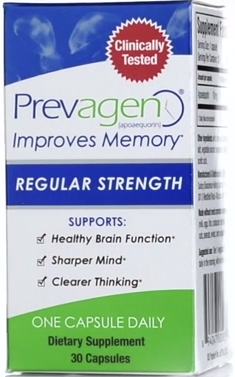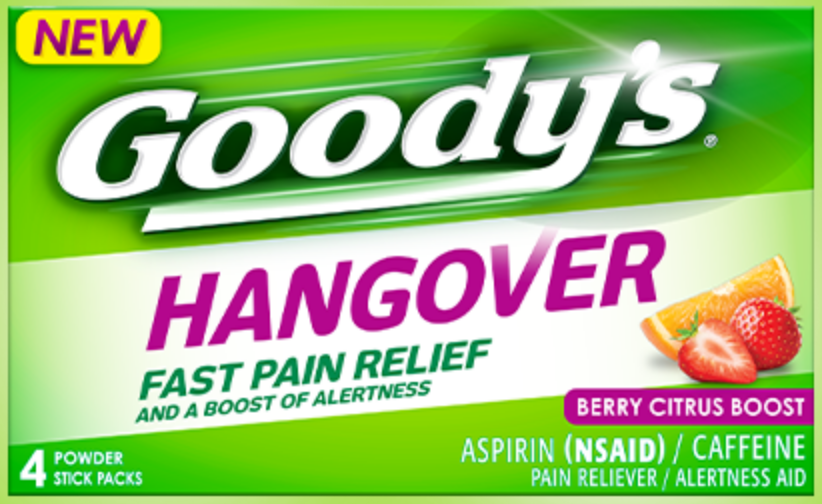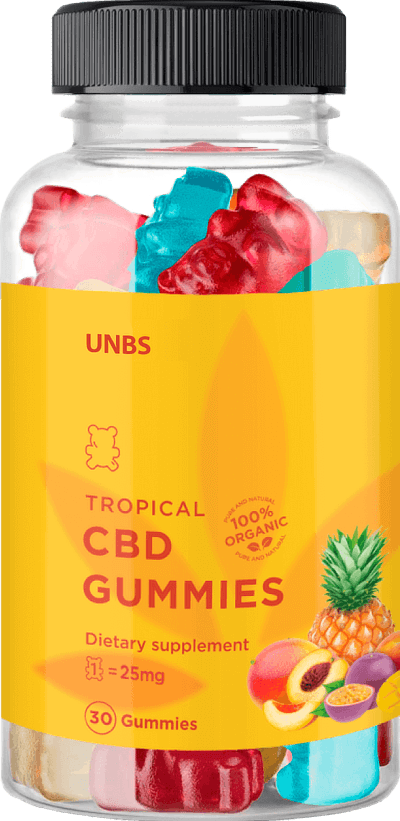
Alkaline Water Plus
Are there really any benefits to drinking alkaline water?
Can a protein originally found in a jellyfish actually improve memory? “Our scientists say, ‘Yes!’” Prevagen declares in one of its commercials.
But TINA.org has found that the company does not have reliable scientific proof to back up its claims and has filed a deceptive advertising complaint with the FTC. It has also notified five major broadcast networks running Prevagen ads that the company’s deceptive claims appear to constitute violations of each network’s respective advertising guidelines.
RELATED: TINA.org takes unsupported Prevagen memory claims to FTC
In addition, a class-action lawsuit against the dietary supplement’s manufacturer, Quincy Bioscience, alleges that Prevagen does nothing to improve brain function or memory and its “clinically tested” claim is misleading. A 2012 FDA warning raises further questions regarding adverse health complaints that the agency said the company didn’t adequately report.
Prevagen touts that it’s the only supplement containing apoaequorin, a protein that it says was originally plucked from a jellyfish in the Puget Sound and which aging brains “need for healthy function.” But the lawsuit filed in January against Quincy Bioscience asserts that this protein does just about as much for the brain as a royale with cheese (and other assorted run-of-the-mill proteins):
Prevagen cannot work as represented because apoaequorin, the only purported active ingredient in Prevagen, is completely destroyed by the digestive system and transformed into common amino acids no different than those derived from other common food products such as chicken, cold cuts, hamburgers, etc.
The brain supplement’s website shares three studies under its research tab. One of studies lists Mark Y. Underwood, the president of Quincy Bioscience, who said in an interview with TINA.org that all clinical trials were done in-house.
 But the lawsuit alleges that consumers have been misled in part by product labeling that claims Prevagen has been “clinically tested” to improve memory. These clinical studies, the lawsuit states, “if they exist at all, are, on their face, so seriously flawed that they demonstrate nothing regarding Prevagen.”
But the lawsuit alleges that consumers have been misled in part by product labeling that claims Prevagen has been “clinically tested” to improve memory. These clinical studies, the lawsuit states, “if they exist at all, are, on their face, so seriously flawed that they demonstrate nothing regarding Prevagen.”
When the FDA came knocking
The FDA sent Underwood a warning letter in 2012 over the alleged illegal marketing of Prevagen as a drug without the agency’s approval. The letter also noted that the product did not satisfy the definition of a dietary supplement because the only dietary ingredient on the label — “synthetically produced apoaequorin” — did not qualify as such.
Perhaps most importantly, the FDA said an inspection found that the company had received more than 1,000 adverse health events associated with the product, but failed to report serious cases, including seizures and strokes, to the agency as required. The unreported events and complaints were submitted to Quincy Bioscience between May 2008 and December 2011. Underwood said “less than two dozen” of the more than 1,000 adverse health events were “serious.”
Underwood said the company has made “adjustments” to its reporting procedure regarding adverse health events. Since August 2010, the FDA has received more than 50 adverse event reports related to Prevagen products, documents obtained by TINA.org through a Freedom of Information Act (FOIA) request show. But he refuted much of what the FDA alleged in its 2012 letter and said that the company stands by its advertising and clinical trials. He declined to comment on the class-action lawsuit.
Click here for more of our coverage on brain supplements.
UPDATE 11/20/20: A federal district court has approved a class-action settlement over claims that Quincy Bioscience falsely advertises that Prevagen can improve memory. TINA.org had objected to the proposed settlement on the grounds that the terms were unfair to consumers, who are only eligible to receive a maximum refund of $12 unless they kept receipts. The FTC and state of New York’s lawsuit against Quincy is pending. For updates on that case, click here.
Are there really any benefits to drinking alkaline water?
What you need to know about this purported hangover remedy.
Spam email leads to a fake endorsement from Dr. Oz, among other celebrities.

